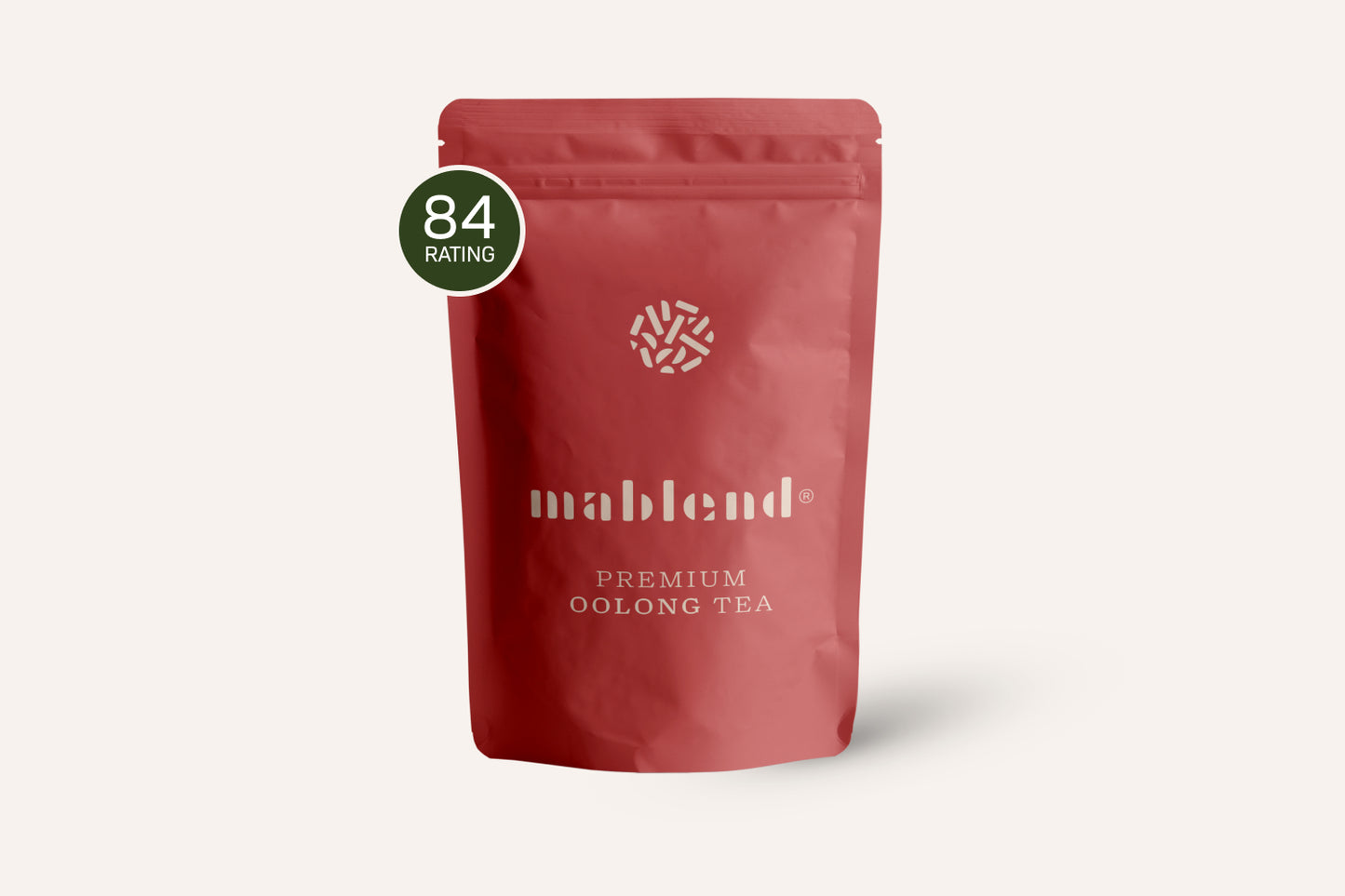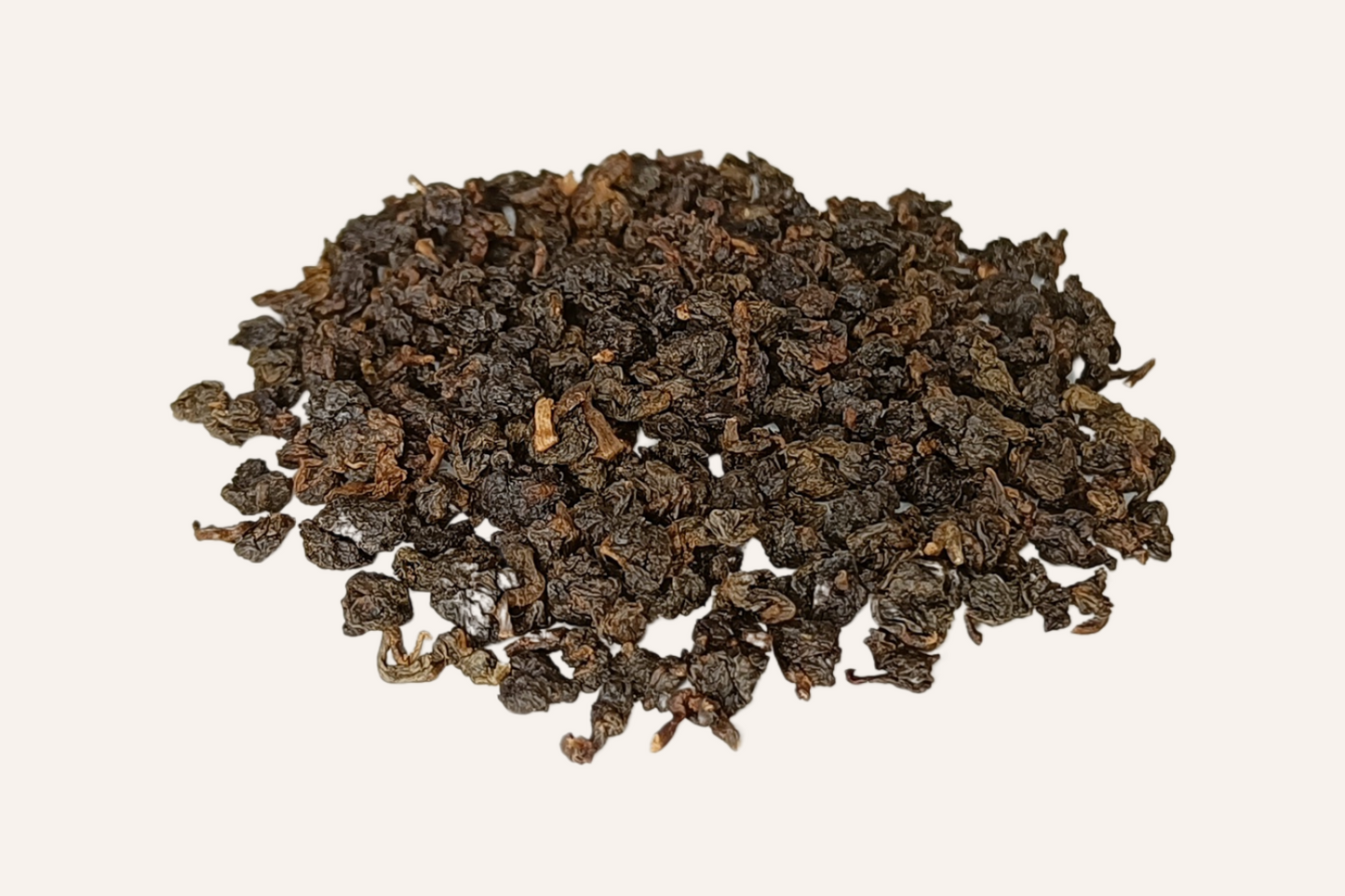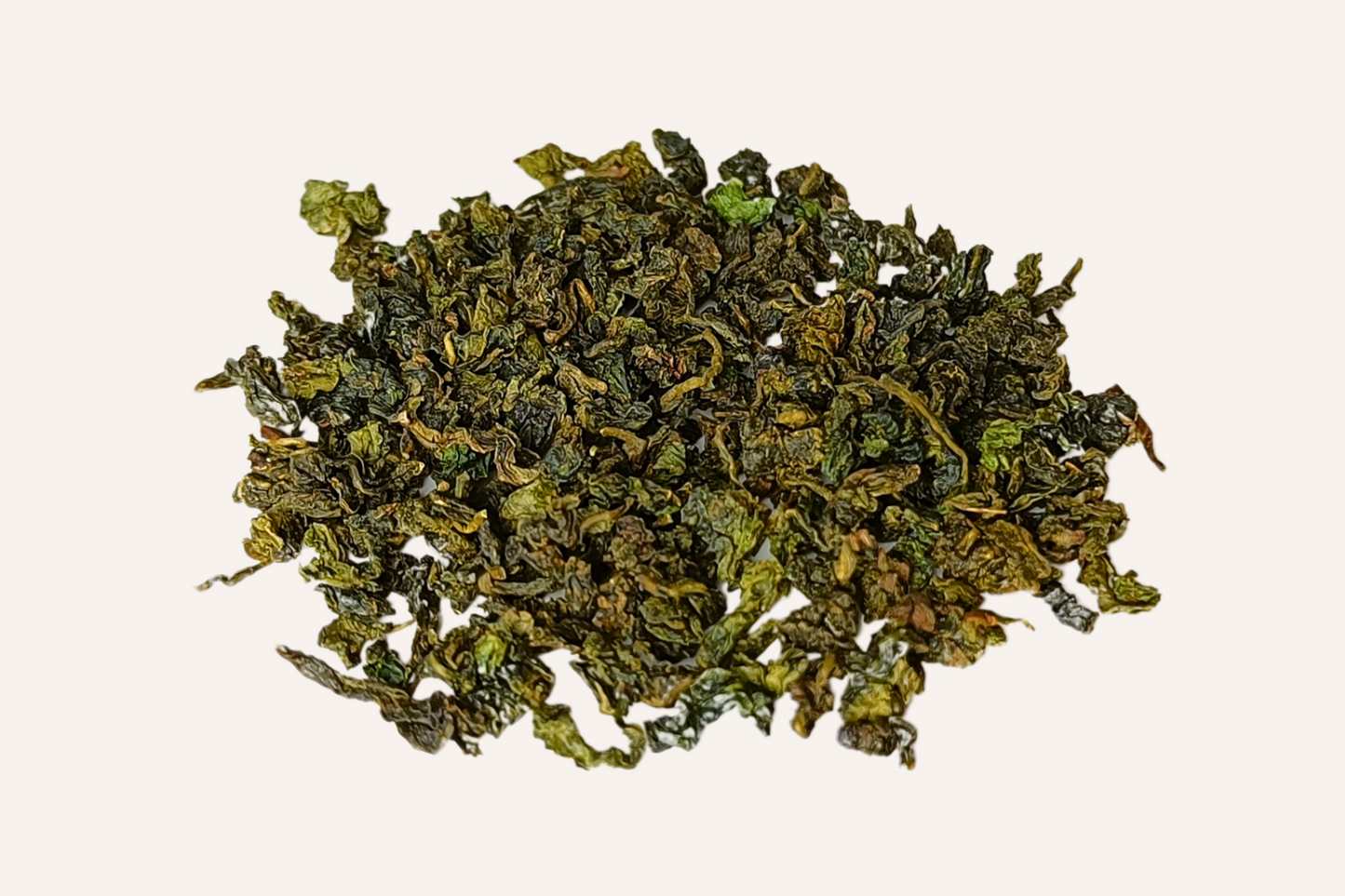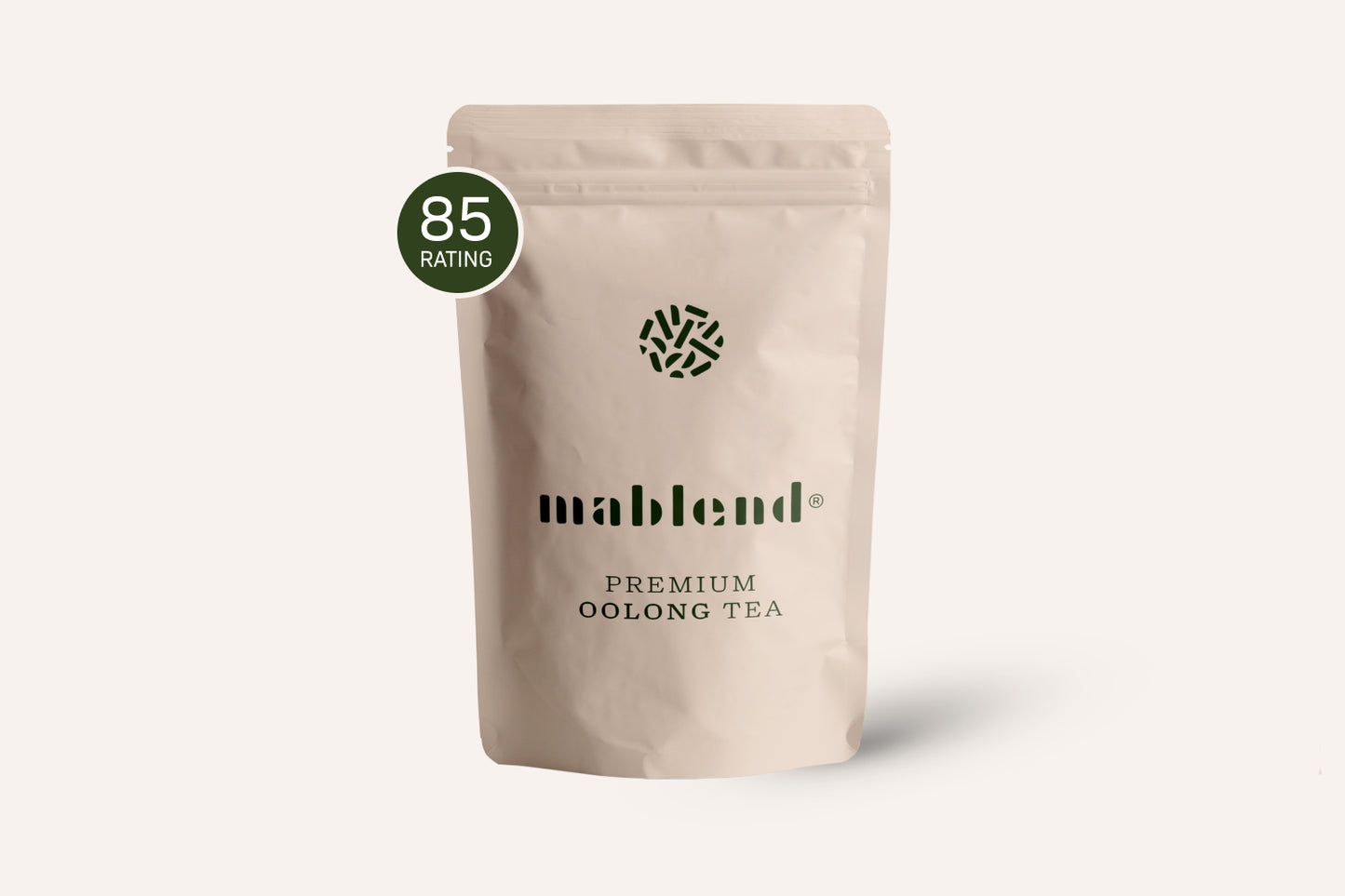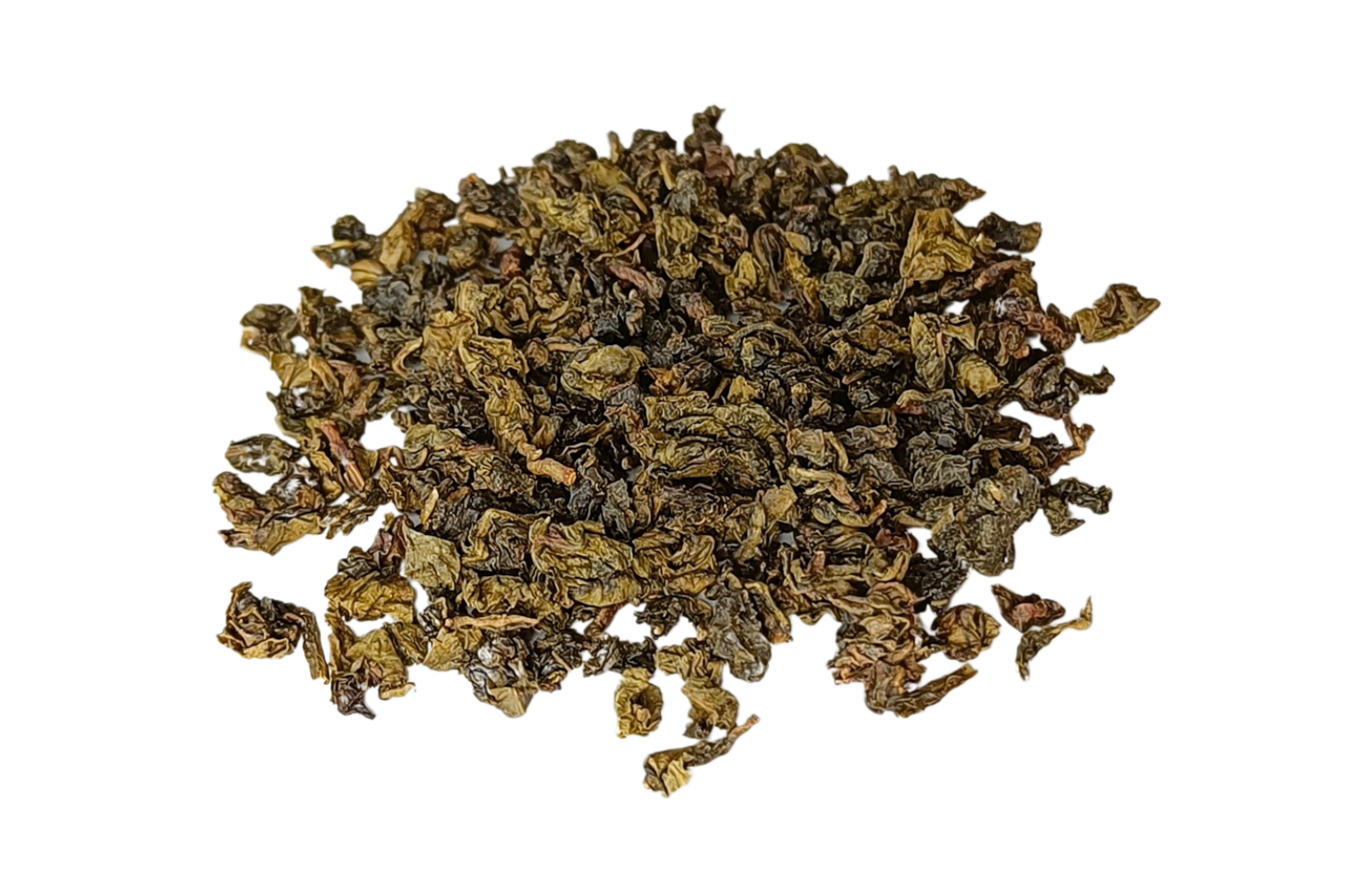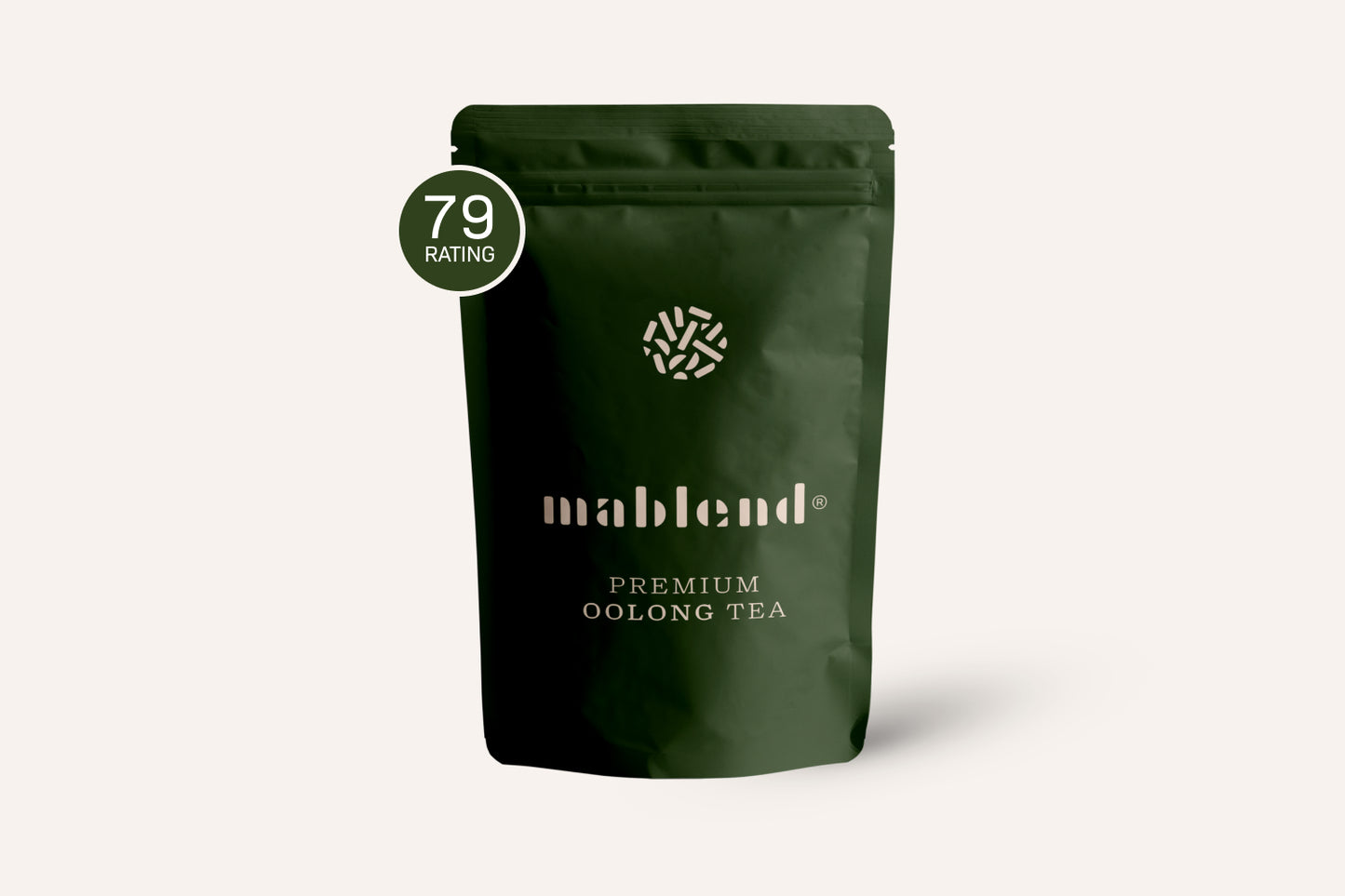Green tea is a type of tea made from the leaves and buds of the Camellia sinensis plant that have not undergone the same fermentation process used to make oolong tea and black tea. This helps green tea retain its green color and contains more antioxidants and polyphenols, such as catechins, which are responsible for many of its health benefits.

Green tea is mainly produced in China and Japan, and each country has unique methods for steaming, rolling, and drying the tea leaves. This results in a wide range of flavors and aromas, depending on the specific production methods and the region where the tea is grown.
What Does Green Tea Do to Your Body?
Green tea has a complex effect on the human body due to its rich composition of nutrients and bioactive substances.
- Antioxidant effect : The catechins in green tea act as powerful antioxidants, which protect the cells in the body from damage by free radicals.
- Metabolism : There is research suggesting that green tea can increase metabolism and promote fat burning, especially when consumed regularly.
- Heart health : Green tea can lower cholesterol levels and improve blood flow, which contributes to overall heart health.
- Brain function : The combination of caffeine and L-theanine in green tea may work together to improve brain function.
Is Green Tea Healthy? And Which is the Healthiest?
Green tea is widely praised for its health benefits and is one of the healthiest beverages available. For more information read our article: Green tea benefits
The Healthiest Green Tea
Not all green tea is created equal. The healthiest green tea is usually that of high quality, often organic, and rich in antioxidants. Organic tea is important because it is grown without the use of synthetic pesticides and fertilizers, which can contribute to a cleaner and purer taste, and potentially increase the health benefits of the tea. Matcha, a Japanese green tea that uses the entire tea leaf, is often considered one of the healthiest forms of green tea due to its high nutrient and antioxidant content.
How Much Green Tea Can You Drink Per Day?

Although green tea offers many health benefits, it is important to balance its consumption. In general, it is recommended to drink 3 to 5 cups per day. Too much green tea can lead to side effects such as insomnia or stomach problems, mainly due to its caffeine content.
Do you lose weight from green tea?
Yes, drinking green tea can contribute to weight loss or weight management. The reason for this is the catechins and caffeine in green tea, which together can increase metabolism and stimulate fat burning.
Gives a Satiety Feeling
In addition, there are indications that green tea can make you feel full, which can help regulate appetite. This effect is partly attributed to the catechins in green tea, which can decrease the release of the hunger-stimulating hormone ghrelin and increase the satiety hormone cholecystokinin (CCK). This feeling of fullness can help people eat less, which can ultimately lead to weight loss. However, it is important to note that this effect can be subtle and is likely most effective when combined with other healthy habits and food choices.
The combination of these effects makes green tea a popular choice for people who want to lose weight or manage their weight in a healthy way. It can be useful in addition to a balanced diet and regular exercise.
Does Green Tea contain Caffeine? And how much?
Green tea contains caffeine, but the amount may vary depending on the tea leaves, preparation method and brewing time. On average, a cup of green tea contains between 20 and 45 milligrams of caffeine. For comparison, an average cup of coffee contains about 95 milligrams of caffeine.
The caffeine in green tea works with the catechins to provide a steady energy boost. It is usually milder than the energy boost you get from coffee, which is why many people consider it a good alternative to a gentle stimulant.
What is green tea extract?
Green tea extract is a concentrated form of green tea and is available as a supplement in capsule or liquid form. The extract is made by removing the active substances from the green tea leaves, resulting in a higher concentration of health-promoting substances such as catechins and antioxidants.
Uses and benefits
Green tea extract is often used as a supplement for weight loss and general health. The high concentration of catechins can help increase metabolism and support fat burning.
Caution
Although green tea extract may have many benefits, it is important not to exceed the recommended dosage. Excessive use of the extract can lead to side effects, such as liver problems. It is advisable to always follow the manufacturer's instructions and consult with a health professional before using a green tea extract supplement.
What Types of Green Tea Are There?

-
Chinese Green Tea:
- Gunpowder: Also known as pearl tea, this tea is so called because the gray-green leaves are rolled into small round pellets that resemble gunpowder.
-
Japanese Green Tea:
- Sencha: This is the most popular green tea in Japan and is known for its refreshing taste.
- Matcha: A powdered tea often used in the Japanese tea ceremony.
How Is Green Tea Made?
- Picking and Selection: The leaves are picked by hand or machine and selected for quality.
- Heating and Preventing Oxidation: This can be done by steaming (as in Japan) or pan heating (as in China) to deactivate enzymes that cause oxidation.
- Rolling and Shaping: The leaves are rolled to break the cell walls and release the juices.
- Drying: This stops the oxidation process and preserves the green color.
The Taste and Aroma of Green Tea
- Difference between Chinese and Japanese Green Tea: Chinese green tea often has a lighter color and milder flavor, while Japanese green tea can have a deeper color and richer flavor.
- Influence of Brewing Methods and Water Quality: The temperature of the water, the brewing time and the quality of the water can all affect the taste and aroma.
How to Prepare Green Tea
- Brewing instructions: Different types of green tea require different temperatures and brewing times.
- Recommended Temperature and Brewing Time: For example, Sencha is usually brewed at 70-85°C for 1 minute.
- Combination with Food: Green tea can be combined well with light and delicate dishes.
Comparison with Other Tea Types
Difference with White, Oolong, and Black Tea
- White Tea: Minimally processed and not oxidized, resulting in a light color and mild flavor.
- Oolong Tea: Partially oxidized, with a taste somewhere between green and black tea.
- Black Tea: Fully oxidized, resulting in a dark color and a rich, robust flavor.
Unique Characteristics of Green Tea
- Color: The green color is maintained by stopping the oxidation process.
- Taste: Green tea has a wide range of flavors, from sweet and floral to grassy and vegetative, depending on the variety and processing.
- Health Benefits: Green tea is known for its antioxidants and potential health benefits, including supporting metabolism and improving heart health.
- Preparation methods: Preparation methods vary among different cultures and types of green tea, with specific temperatures and brewing times for each type.
- Culture and Tradition: Green tea plays a central role in several cultures, with unique rituals and ceremonies in countries such as Japan and China.
